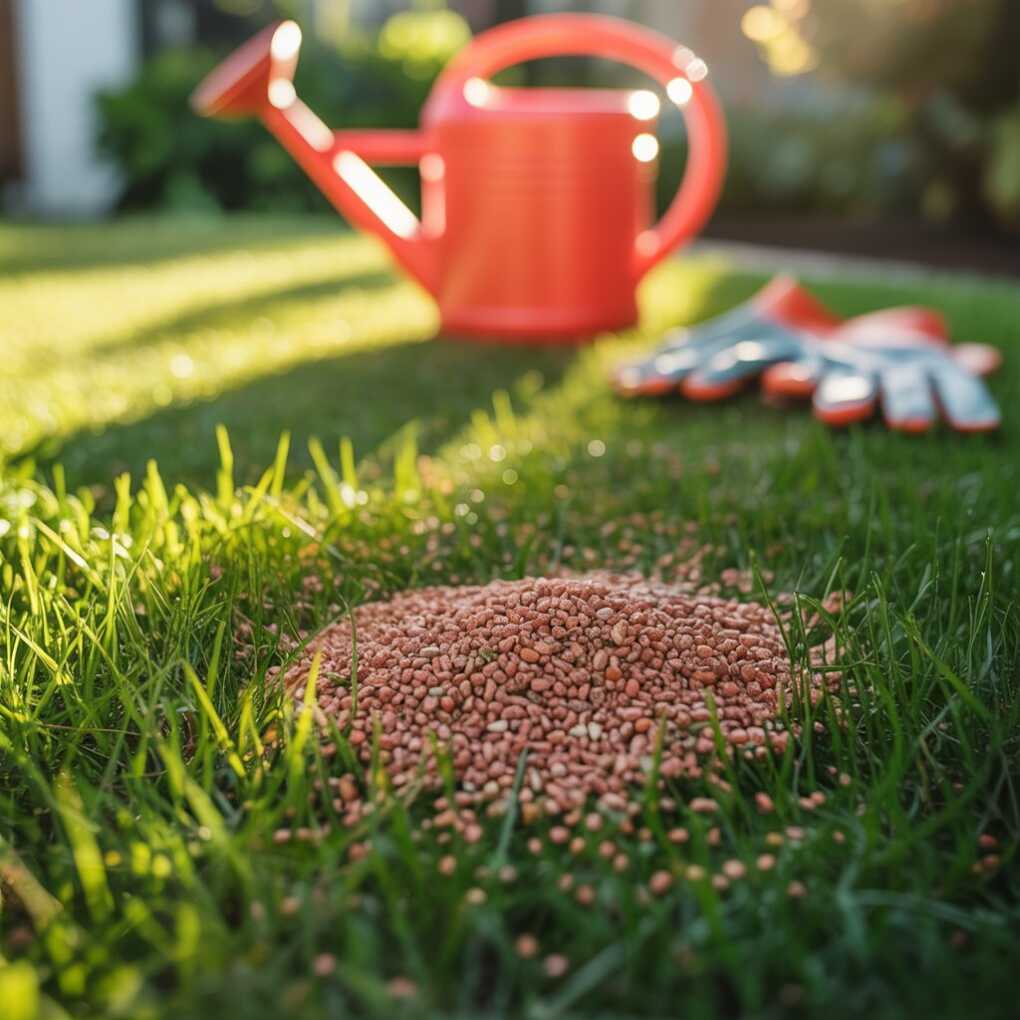A lush, green lawn does more than beautify your property—it provides a sense of pride, a space for memories, and even contributes to local environmental health. But achieving and maintaining that vibrant look year-round requires more than occasional mowing and watering. Regular lawn fertilizer service plays a crucial role in keeping your yard not just alive, but thriving. Without consistent nourishment, your grass struggles to compete with weeds, resists disease less effectively, and fails to maintain its color and density. We will explore how a scheduled, nutrient-focused approach to lawn care can transform your yard into a healthy, inviting landscape that lasts through the seasons.

How Consistent Fertilizer Applications Keep Lawns Thriving
Essential Nutrients Delivered at the Right Time
Plants, like people, rely on a steady supply of nutrients to grow strong and stay resilient. Grass needs nitrogen, phosphorus, and potassium in specific amounts, and the best lawn fertilizer service ensures these elements are delivered when your lawn needs them most. Seasonal timing is crucial: spring applications stimulate early growth, summer feedings sustain color and density during heat stress, and fall treatments promote root development for winter hardiness. Without scheduled applications, nutrients in the soil can deplete unevenly or entirely, leaving grass vulnerable to discoloration, thinning, or bare patches.
Regular treatments ensure that your lawn doesn’t suffer from feast-or-famine cycles. Instead, it receives a consistent diet that encourages robust root systems and sustained top growth. This also helps your lawn maintain even texture and color, contributing to a more uniform appearance. Whether your yard endures heavy foot traffic or shifting weather patterns, regular feeding strengthens the turf’s ability to bounce back and stay attractive through seasonal changes.
Weed, Pest, and Disease Resistance Improves Naturally
When lawns lack nutrients, they become ideal targets for invasive weeds and destructive pests. Unhealthy grass is less capable of crowding out crabgrass, dandelions, and other aggressive invaders. Regular fertilizer service enables your lawn to grow densely enough to act as a natural defense barrier. The same thick, strong turf also discourages insects like grubs and chinch bugs, which prefer to lay their eggs in weak, sparse patches of grass. On the disease front, a consistently nourished lawn is better able to resist common problems such as brown patch, dollar spot, and rust.
Fertilizers rich in nitrogen and micronutrients enhance the strength of grass cells, making them less susceptible to fungus or mold during damp seasons. This doesn’t mean fertilizers replace all other lawn care strategies, but they significantly reduce your need for chemical treatments or major interventions down the line. By investing in regular feeding, you proactively prevent the kinds of stress that invite more costly issues later.
Soil Quality and Lawn Longevity Improve Together
Grass health is closely tied to the condition of the soil beneath it. Over time, soil can become compacted, acidic, or depleted in organic matter, making it more difficult for roots to absorb moisture and nutrients. Regular fertilizer service helps maintain a healthy soil profile by replenishing what is lost through rain, runoff, or repeated mowing. Many professional blends also include organic material or humic acid, which can improve the soil’s texture and structure. When soil retains the proper balance of nutrients and pH, it creates a stable environment for root systems to thrive.
Healthy roots, in turn, mean stronger grass blades and longer-lasting turf. This results in a yard that not only looks great today but also stands the test of time. With consistent feeding, your lawn doesn’t just survive the growing season—it continues to improve year after year. The longer you maintain a routine, the more sustainable and self-supporting your lawn ecosystem becomes.
Consistent Growth Means Easier Maintenance
An often-overlooked benefit of regular fertilization is how much easier it makes ongoing yard work. Fertilized lawns grow evenly, making mowing and trimming easier. Rather than dealing with uneven patches or rapidly growing weeds that throw off your schedule, you’re more likely to encounter a predictable, uniform surface. That consistency also means fewer bare spots or thinning areas that require reseeding or repair. The lawn not only looks better—it behaves better. You’ll spend less time correcting problems and more time enjoying your outdoor space.
Additionally, a healthier, denser lawn requires less water overall, especially if the soil structure has been improved through quality fertilization. This means you may also see savings on water bills and irrigation costs. Routine fertilization can also help balance grass height and density, so you’re not stuck dealing with an overgrown jungle one week and a lifeless mat the next. Ultimately, maintaining a regular fertilizer schedule simplifies every other aspect of lawn care, making your efforts more efficient and your results more rewarding.
Conclusion
A healthy lawn is no accident—it’s the product of consistent, intentional care. Regular lawn fertilizer service ensures your yard receives the essential nutrients it needs to remain vibrant, lush, and resilient throughout the year. By focusing on proper timing, soil quality, disease resistance, and customized care, routine fertilization addresses both immediate and long-term needs. It also simplifies maintenance and allows your lawn to become a lasting asset to your home.
